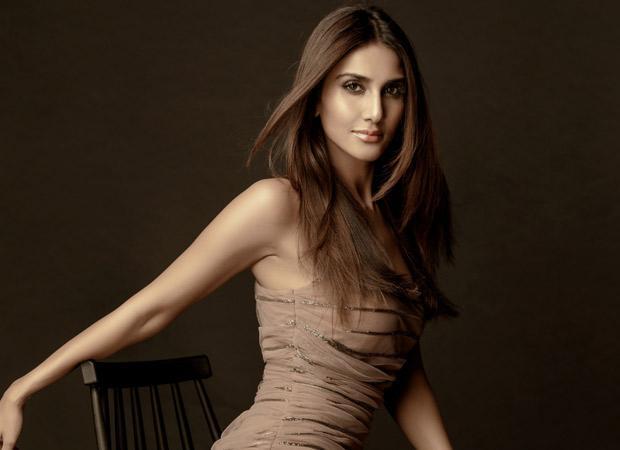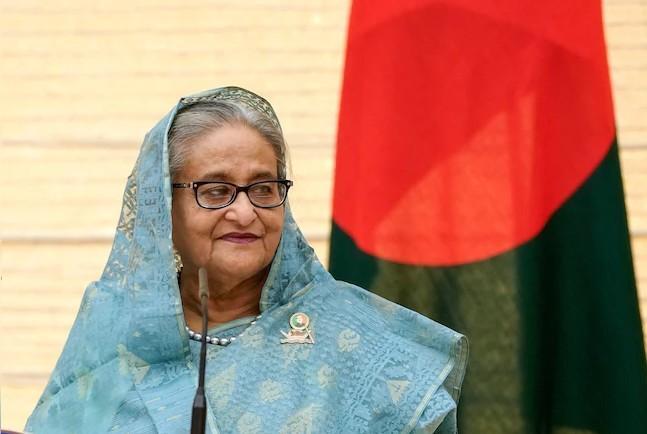
Don’t get volatile behaviour: Vaani on censorship & cancel culture
The recent ban of the film “Abir Gulaal” in India has sparked a heated debate on censorship and cancel culture. The controversy has led many artists and celebrities to speak out against the restrictions imposed on their creative freedom. Among them is Bollywood actress Vaani Kapoor, who recently expressed her concerns about the impact of censorship and cancel culture on the industry.
In an interview with a leading publication, Vaani Kapoor emphasized the need for artists to have the freedom to explore new ideas without fear of backlash or censorship. She said, “This cancel culture, say one thing wrong, there are calls for cancel and boycott. I don’t get that volatile behaviour.” Her comments come at a time when the entertainment industry is grappling with the consequences of cancel culture, where a single misstep can lead to widespread criticism and even career-ending repercussions.
Vaani’s concerns about censorship and cancel culture are well-founded. The recent ban of “Abir Gulaal” is just one example of how censorship can restrict artists’ freedom to express themselves. The film, which was released in several countries, was criticized for its depiction of a same-sex relationship. However, instead of addressing the issues raised by the controversy, the authorities chose to ban the film altogether. This move not only stifles creative expression but also sends a chilling message to artists who may be considering exploring similar themes in their work.
Cancel culture, on the other hand, has become a buzzword in recent years, with many artists and celebrities speaking out against its impact on their careers. Vaani’s comments echo the sentiments of many who believe that cancel culture is a form of censorship in disguise. By allowing a single misstep to define an artist’s entire career, cancel culture can be just as restrictive as traditional forms of censorship.
Vaani’s views on censorship are also noteworthy. She emphasized that she is not “into censorship” because it sets boundaries for artists. “Artists are meant to push boundaries, to experiment, to innovate,” she said. “Censorship only limits our creativity and stifles our growth as artists.” Her comments highlight the importance of giving artists the freedom to take risks and challenge societal norms, even if those challenges are uncomfortable or controversial.
The debate on censorship and cancel culture is not limited to the entertainment industry. Artists and creators across various fields are struggling to balance their creative expression with the need to avoid controversy. However, Vaani’s comments suggest that the entertainment industry is particularly vulnerable to the negative effects of censorship and cancel culture.
In an industry where reputation is everything, the fear of backlash or boycott can be overwhelming. Artists may feel pressured to self-censor their work, toning down their message or avoiding controversial topics altogether. This can lead to a homogenization of creative expression, with artists feeling forced to conform to societal norms rather than taking risks and pushing boundaries.
Vaani’s comments are a timely reminder of the importance of balancing artistic freedom with social responsibility. While artists have a duty to respect societal norms and values, they also have the right to express themselves freely. By giving artists the freedom to explore new ideas and challenge societal norms, we can create a more vibrant and diverse cultural landscape.
In conclusion, Vaani’s comments on censorship and cancel culture are a powerful reminder of the importance of artistic freedom. As the entertainment industry continues to grapple with the consequences of these trends, it is essential that we prioritize creative expression and give artists the freedom to push boundaries and challenge societal norms. By doing so, we can create a more vibrant and diverse cultural landscape that celebrates the power of art to inspire and transform.



